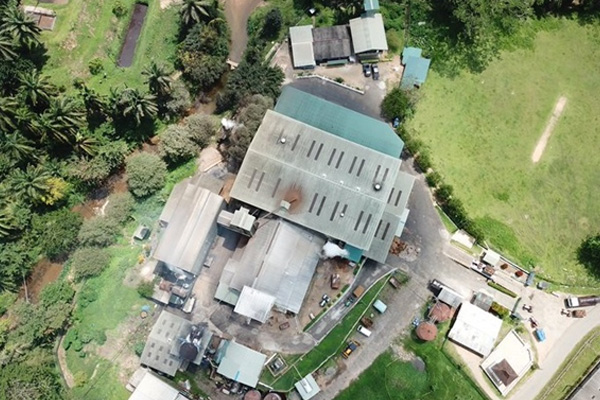Nakiyadeniya Palm Oil Mill of Watawala Plantations (CSE: WATA) is situated in Nakiyadeniya Estate, which is located in Udugama, Galle. Commenced its operations in 1984, the palm oil mill is using the latest palm oil milling technology to enhance efficiency with a low operating cost. Palm oil is extracted from fresh fruit bunches (FFB) by mechanical and heating processes.
Currently, the mill handles 15 MT per hour of FFB. It has the capacity to process 55,000 FFB MT per annum and presently produces over 12,000 MT of Crude Palm Oil (CPO), 1,250 MT of Palm kernel oil (PKO) and 2,000 MT of Palm Kernel Cake. With significant investments over the years, Nakiyadeniya Palm Oil Mill has today become one of the leading palm oil mills in Sri Lanka.


